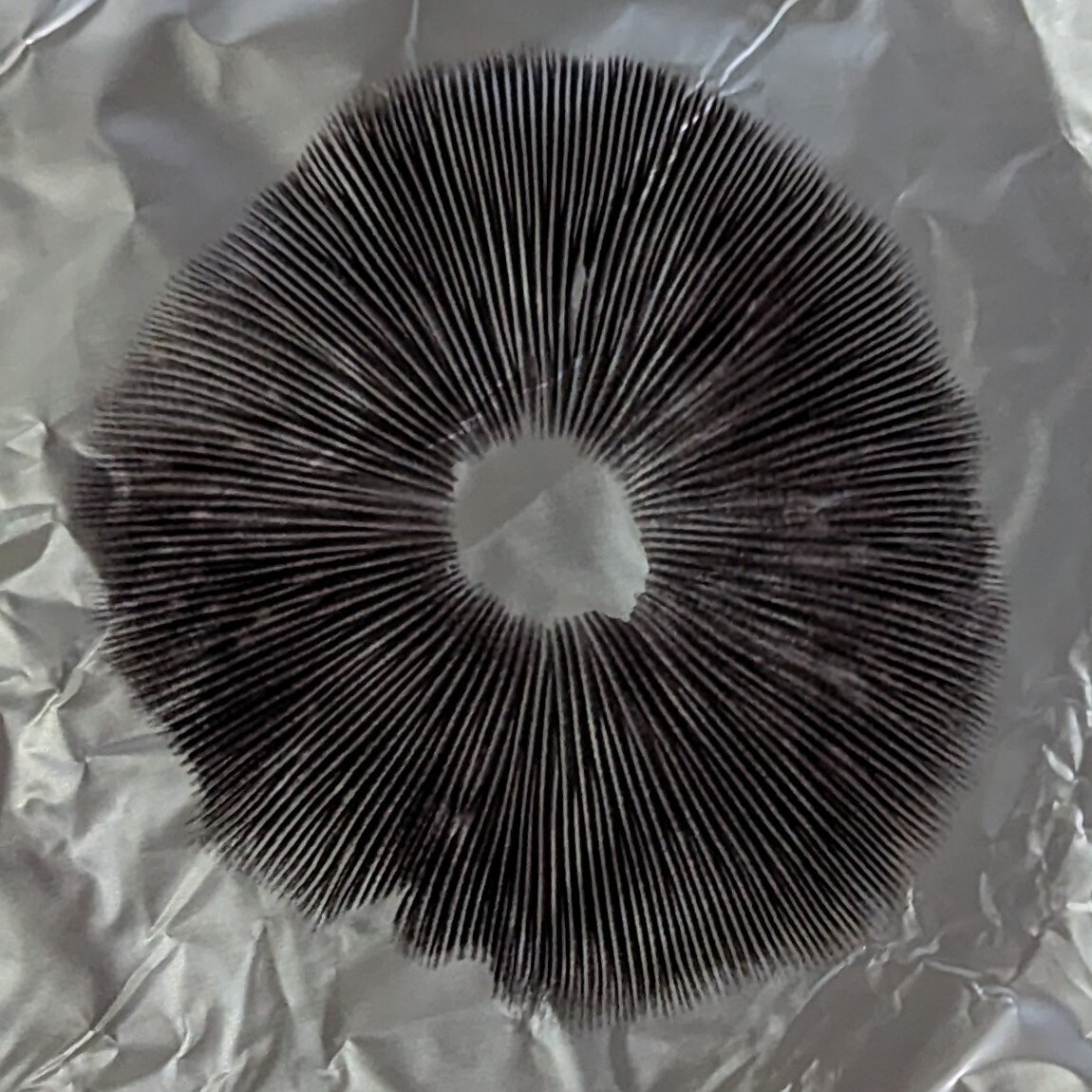This is probably a ridiculous question, but I usually stream from my laptop to my LG tv or my phone to any other tv, and I find that using my VPN keeps the casting output option from working. Like in Popcorntime, the Watch Now doesn’t show my tv, only the laptop app or VLC. On my daughter’s fire stick I can’t even cast to it unless I turn my VPN off.
I don’t have any problem streaming Plex or Emby from my laptop to the tv. Is there a way to cast without compromising my privacy?
The VPN catches all network traffic and puts it far away - you can’t be on vpn and see local network resources (casting targets) at the same time.
If your vpn has an app, check your settings for something like “local network access”.
Otherwise, start reading about split-tunnels and/or default gateways
This is correct! Also wanted to recommend Jellyfin instead of Plex Or Emby
as a current user, the android TV app is pretty rough. im crossing my fingers for the findroid developers to help with a TV version sooner than later
Vpns and casting create a complicated network situation sometimes. Without being able to see exactly what was going on, it can be difficult to tell what’s happening.
Sometimes casting involves sending the data from the controller, your laptop, to the renderer, your TV. That means you laptop pulls the data down and then forwards it.
Sometimes it involves telling the renderer how to get the data so that it can pull it down and play it.When you use a VPN, you’re sending your traffic through a tunnel so that it’s “outside” your local network. There will be some exceptions for certain local behavior that needs to be local, unless you configured it not to but you probably didn’t.
It’s honestly curious that it ever works, since the VPN should make it so you’re basically “not there”, and so casting shouldn’t be possible.
My recommendation would be to use Plex if it works.
Download on the VPN and then drop off to cast it is an alternative.There’s enough moving parts that you’re not going to have any fun figuring it out, and the answer will probably be something you can’t fix.
An observation I’ve made using bubblupnp on my Android phone is I can’t directly cast to my fire cube with my vpn app on yet if I open vlc on the cube itself it can see the dlna library and play it.
So yeah it’s a bit strange.
deleted by creator
Yeah, but popcorntime I want VPN for sure.
deleted by creator
I can’t offer help on the issue, but as far as I understand there are no legitimate and safe versions of popcorn time anymore. The main version got taken down a few years ago iirc. There’s still plenty of unsafe versions though. Might want to double check you got it from a safe source.
https://github.com/popcorn-official
The source code is right there for you to look at.
I thought I did when I got it. I saw the landscape and was very suspicious. This is a completely unpublicized version. I think I got the link from a careless user. I’ll check my provence and see if I’m ok
Whats a careless user?
Someone who puts out publicly that which should be behind walls. But it turns out its not so private after all…
It’s a public GitHub repo, there was nothing private about anything there
Yes, that’s right
It might be easier for you to torrent normally while connected to VPN, then disconnecting to stream to your device.
I do that now.
Looks like I got it from Github, through the wikipedia site.
The lowtech option is to connect your device physically. I do this in hotels and at home. USB C to HDMI output. Connection cables are relatively cheap, and easily long enough for most use cases.
deleted by creator
Just because it bugs me to no end: thats the original purpose of a VPN, not some privacy snakeoil. That being said most host-discovery doesn’t work reliably, or is not implemented by most programs.
Mullvad/IVPN or bust.
Are you using the VPN on your laptop or phone only? If so, maybe try to run your VPN at the router level and see if you can cast then? It might work…
Both. Yeah, I’ve considered that, but I think I’ll need a new router. ATT.
Isn’t Popcorn time dead these days?
All Popcorn Time is is a torrent client with a built in media player. Why would it be dead?
What VPN? What’s its’ endpoint?
Are you at home with this issue, or outside of your network?
The first thing that comes to kind is VPN usually doesn’t do split-tunnel by default, so it’ll consume all your traffic instead of allowing local traffic to go to the LAN with all the rest going VPN.
There may also be a filtering of services permitted through the VPN, so if it’s not split-tunneling, it’s trying to route everything, but blocking streaming.
I wouldn’t want all my traffic going out a VPN only to come back into my LAN via a VPN connection.
I’ve seen similar issues with apps like Tailscale or (a long time ago) Hamachi, where the system resolves to the Mesh network IP before the local IP, routing local traffic over the VPN/Mesh instead of the LAN.
Verify your VPN has a setting to permit local traffic/connect to local network.
Maybe I’m wrong but for the sake of trying to get you started down the right path until someone smarter than me answers for sure. I think you would need to configure a split tunnel on your device. Even then I don’t think that would work either. I think that “casting” just tells the display the server address and it tracks down the stream info. Your casting device then just functions as a remote through the network.
So even if It could work, you’re home network address would be compromised by the network traffic being sent to your display without a VPN.
Like another person has said, your best bet is more likely torrenting to Plex, Emby, Jellyfin then casting from your media server.
deleted by creator
Why not use Stremio with Realdebrid, then you don’t need a vpn :)
Why would you not need a VPN still?
Via RD it won’t use torrents. It will download it directly from their servers. RD isn’t free though, couple of euros per month.
use stremio







